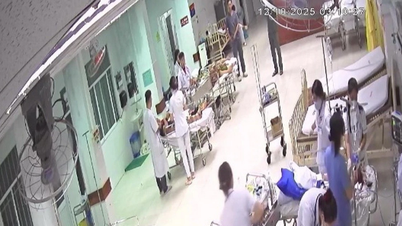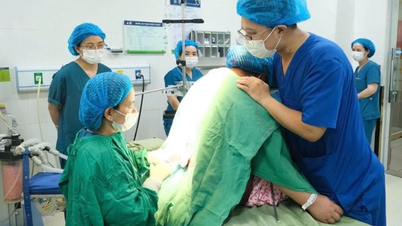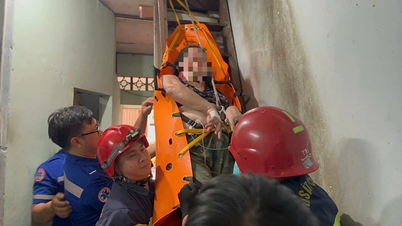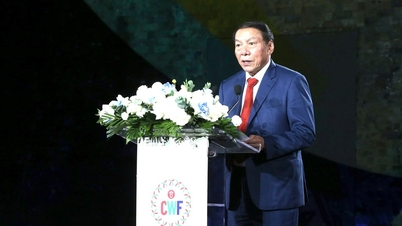After exercise, the muscles will have microscopic tears. Muscle recovery is the process by which the muscles repair these injuries and grow larger. Thanks to that, the muscle mass will become increasingly stronger, according to the health website Medical News Today (UK).

With the same muscle group, the practitioner should rest and practice that muscle group again after 48-72 hours.
Several factors can affect muscle recovery, including intensity, duration, age, nutrition, and sleep. A person who trains at a high intensity will need more time to rest and recover.
Sleep is an extremely important factor for muscle recovery. Because during sleep, many biochemical processes of the body will take place, including the process of healing damage.
Recommended sleep times vary depending on individual needs. But in general, adults should aim for 7-9 hours of sleep per night. Athletes or individuals who engage in high-intensity exercise may need more sleep. Insufficient sleep can lead to reduced muscle recovery, increased risk of injury, and decreased exercise performance.
In addition, with the same muscle group, the practitioner should not train continuously for 2 days but should have a minimum rest period of 48 hours. This rest period allows your muscles to recover, thereby increasing strength and muscle mass.
However, if the muscle group is trained with high intensity, the rest period for that muscle group needs to be up to 72 hours. In other words, the practitioner should not train that muscle group for the next 2 days and should only train it again on the third day.
In addition, nutrition and adequate hydration are also extremely important for muscle recovery. Because eating properly will optimize the recovery process and develop muscle mass. The recovery process is just as important as training. If you train and recover properly, not only strength, endurance but also overall health will quickly improve, according to Medical News Today .
Source link



![[Photo] Delegation attending the Government Party Congress visited President Ho Chi Minh's Mausoleum](https://vphoto.vietnam.vn/thumb/1200x675/vietnam/resource/IMAGE/2025/10/12/1760240068221_dsc-3526-jpg.webp)
![[Photo] National Assembly Chairman Tran Thanh Man attends the 725th anniversary of the death of National Hero Tran Hung Dao](https://vphoto.vietnam.vn/thumb/1200x675/vietnam/resource/IMAGE/2025/10/12/1760285740475_ndo_br_bnd-8978-jpg.webp)

![[Photo] The 1st Government Party Congress held a preparatory session.](https://vphoto.vietnam.vn/thumb/1200x675/vietnam/resource/IMAGE/2025/10/12/1760257471531_dsc-4089-jpg.webp)





























































































Comment (0)